
Peter Kubelka
出生 : 1934-03-23, Wien, Austria
略歴
Peter Kubelka (born 23 March 1934 in Vienna, Austria) is an Austrian experimental filmmaker, architect, musician, curator and lecturer. His films are primarily short experiments in linking seemingly disparate sound and images. He is best known for his 1966 avant-garde classic Unsere Afrikareise (Our Trip to Africa).
Kubelka made 16mm films, mostly shorts, and is known for his 1960 film Arnulf Rainer, a "flicker film" which alternates black and clear film that is projected to create a "flicker" effect. Kubelka also designed the Anthology Film Archives custom film screening space in the 1970s in New York. The theater had highly raked (tiered) seating with a cowel over each seat and visual barriers between each seat so that the audience member was totally isolated visually from other patrons. The theater was painted black and the seating was covered in black velvet. The only light in the room between film showings came from a spotlight aimed at the screen, thus ensuring that the only light in the room came from the screen. The design is illustrative of the purist aesthetic of the Avant Garde film movement of that era.
Description above from the Wikipedia article Peter Kubelka, licensed under CC-BY-SA, full list of contributors on Wikipedia.

The tapes in the program consist of some of Mekas’ earliest cassettes from the 1990s not long after he first began working with video as well as more recent mini-DV tapes from 2010s. The contents of the tapes have not been previously seen in their entirety. The footage provides rare insight into aspects of Mekas’ video-making practice, as well as his activities, thoughts, dreams, and concerns, especially during the later years of his life.
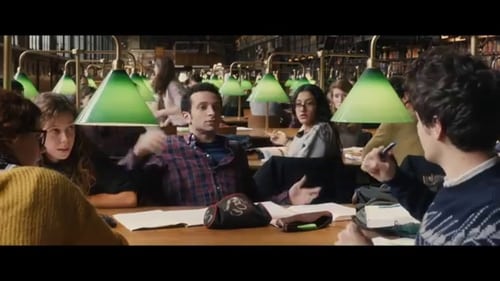
Himself
This historical and analytical documentary draws attention to the background of the roots of "New Austrian Cinema" and presents Austria as a film country to be taken seriously.
The audience gets to see rare early works by well-known filmmakers as well as shots of landscapes that served as a source of inspiration and locations that have produced important Austrian films since the end of the 19th century.

Himself
This epic documentary subtly introduces the complex worldview of iconic filmmaker and theoretician Peter Kubelka (born 1934, Vienna). While Kubelka’s radical and pioneering body of films is a highly condensed work of about an hour, focusing on the essence of cinema, his legendary lectures often unfold over many hours. These lectures on “what is cinema” and “cooking as an art form” are frequently illuminated by presentation of archaeological artefacts from Kubelka’s eclectic collection. He considers his ongoing collecting to be an expanded film practice which explores the evolution of humanity.
Martina Kudláček has carefully woven an open-ended portrait which goes beyond the biographical to reveal fresh insights into the phenomenon of film.

Director
Arnulf Rainer—every which way but loose.

Director
Antiphon is constituted by the same 4 basic elements of cinema, light and darkness, sound and silence, as is my film Arnulf Rainer but it has the opposite form. Negative becomes positive, positive becomes negative, silence becomes sound, sound becomes silence. - Peter Kubelka

Director

Himself
Experimental filmmaker Pip Chodorov traces the course of experimental film in America, taking the very personal point of view of someone who grew up as part of the experimental film community.

Himself
A look at avant-garde filmmaker Marie Menken.

himself
A casual, personal portrait of Hermann Nitsch, made with footage I took over the many years of our friendship. Footage includes early performances in New York, images of Hermann shortly after the acquisition of the Prinzendorf monastery, which since has become his main space of activity. You also see Hermann with his Vienna, New York, and Napoli friends, Peter Kubelka, Raimund Abraham, Gunther Brus, George Maciunas, Giuseppe Morra, and others.

Self
A documentary on the restoration of Dziga Vertov's Entuziazm: Simfoniya Donbassa (1931).

Director
Discarded takes from advertising films are presented almost untouched, as documents that unwittingly offer valuable and humorous insights into the human condition.

Self
A compilation of over 30 years of private home movie footage shot by Lithuanian-American avant-garde director Jonas Mekas, assembled by Mekas "purely by chance", without concern for chronological order.
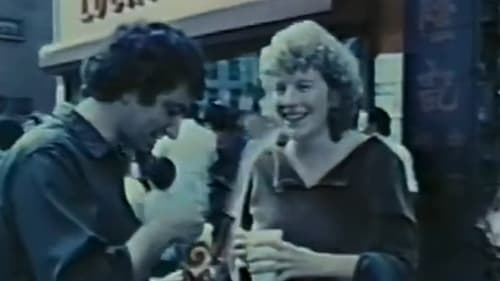
Self
Filmmaker Jonas Mekas films 160 underground film people over four decades.

An historic event: Peter Kubelka gives a lecture at the Library of Congress.
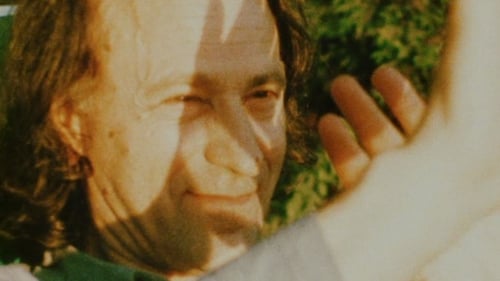
Self
A film collage tracing the story of the lives, loves, and deaths within the artistic community surrounding Jonas Mekas.

N°295
Reel 30 of Gérard Courant’s on-going Cinematon series.

Himself
The film is arranged in six chronologically-ordered parts, each filmed in a different location during Oona's third year.
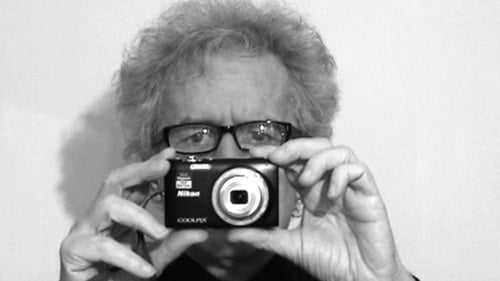
N°295
Cinématon is a 156-hour long experimental film by French director Gérard Courant. It was the longest film ever released until 2011. Composed over 36 years from 1978 until 2006, it consists of a series of over 2,821 silent vignettes (cinématons), each 3 minutes and 25 seconds long, of various celebrities, artists, journalists and friends of the director, each doing whatever they want for the allotted time. Subjects of the film include directors Barbet Schroeder, Nagisa Oshima, Volker Schlöndorff, Ken Loach, Benjamin Cuq, Youssef Chahine, Wim Wenders, Joseph Losey, Jean-Luc Godard, Samuel Fuller and Terry Gilliam, chess grandmaster Joël Lautier, and actors Roberto Benigni, Stéphane Audran, Julie Delpy and Lesley Chatterley. Gilliam is featured eating a 100-franc note, while Fuller smokes a cigar. Courant's favourite subject was a 7-month-old baby. The film was screened in its then-entirety in Avignon in November 2009 and was screened in Redondo Beach, CA on April 9, 2010.

Editor
Short film by Peter Kubelka. Arnulf Rainer contorts his mind and body before the camera.

Director
Short film by Peter Kubelka. Arnulf Rainer contorts his mind and body before the camera.
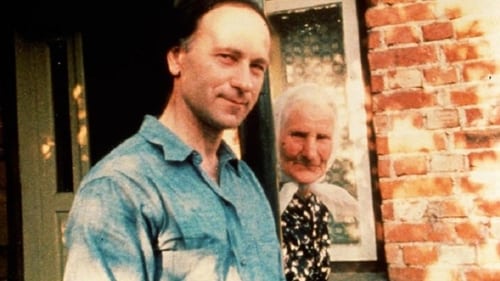
Himself
A 1971–72 documentary film by Jonas Mekas. It revolves around Mekas' trip back to Semeniškiai, the village of his birth.
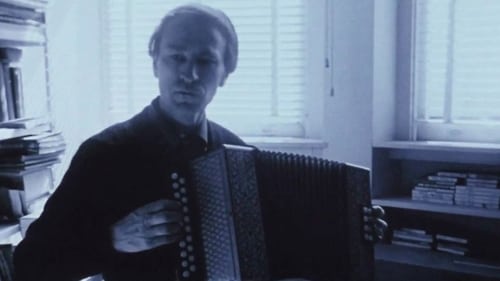
Self
An epic portrait of the New York avant-garde art scene of the 60s.

Himself
The second part: Brakhage’s layering of images spends less time with images of war, and begins filtering in scenes of Vienna and his home in Colorado. He sets up a comparison between “Kubelka’s Vienna” and his own.

Editor
Originally commissioned by an Austrian couple in 1961 to photograph a travel diary documenting their wild game hunt, Kubelka shot three hours of film and recorded fourteen hours of audio. Over the next few years, Kubelka toiled in the editing bay, producing a work charged with intricate, ironic brutality.

Director
Originally commissioned by an Austrian couple in 1961 to photograph a travel diary documenting their wild game hunt, Kubelka shot three hours of film and recorded fourteen hours of audio. Over the next few years, Kubelka toiled in the editing bay, producing a work charged with intricate, ironic brutality.

Director
An experimental film, the last in Peter Kubelka's trilogy of “metric films”. Each frame of Arnulf Rainer is composed of darkness or light and silence or sound.

Director
In 1957, Peter Kubelka was hired to make a short commercial for Schwechater beer. The beer company undoubtedly thought they were commissioning a film that would help them sell their beers; Kubelka had other ideas. He shot his film with a camera that did not even have a viewer, simply pointing it in the general direction of the action. He then took many months to edit his footage, while the company fumed and demanded a finished product. Finally he submitted a film, 90 seconds long, that featured extremely rapid cutting (cutting at the limits of most viewers' perception) between images washed out almost to the point of abstraction — in black-and-white positive and negative and with red tint — of dimly visible people drinking beer and of the froth of beer seen in a fully abstract pattern.

Director
Adebar is the first of Peter Kubelka's 'metric films', in which every element of the composition is precisely ordered and in relation to the gestalt. The film is made up of single units---13, 26 and 52 frames long---which are subjected to a complex rule-system, including a strict use of positive and negative space, that determines their structure within the film.

Editor
In his first film work, Kubelka evokes episodes of flirtation, courtship, and break-ups, played out against a series of non-corresponding audio excerpts.

Writer
In his first film work, Kubelka evokes episodes of flirtation, courtship, and break-ups, played out against a series of non-corresponding audio excerpts.

Director
In his first film work, Kubelka evokes episodes of flirtation, courtship, and break-ups, played out against a series of non-corresponding audio excerpts.














